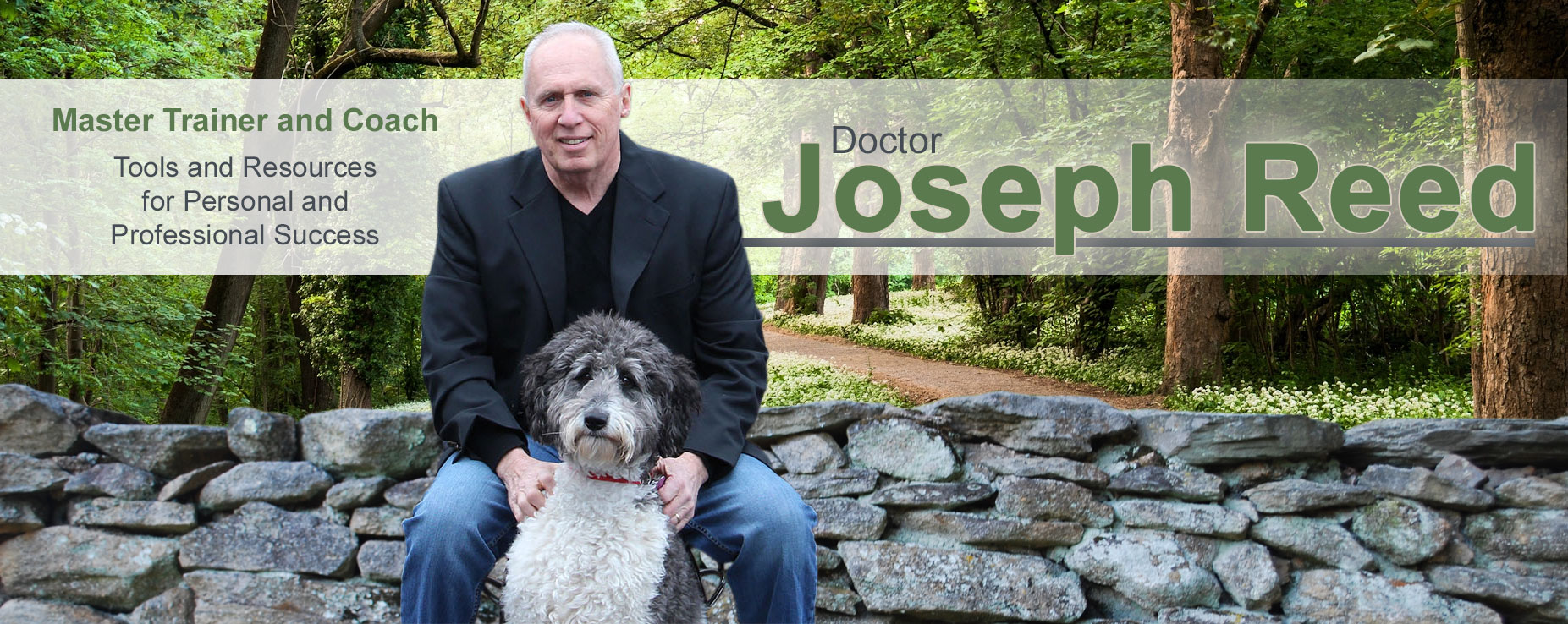My Gym went out of business on Friday. I know, I know, too bad for me right? Well, I’m not looking for sympathy, I’m trying to explain something important about expectations. The owners put a notice up early Friday morning explaining that they would be closing the doors for good at 5 pm. It didn’t really bother me all that much, because it didn’t really surprise me. I knew that they were having financial difficulties and that the deal they had in place to sell the facility to a prospective buyer had fallen through. So I was kind of expecting it to happen. No harm, no foul. I joined another gym the next day. Sunday morning I woke up at 730 am ready to try out the new facility. It turns out they don’t open on Sunday until 11 am. WAIT! WHAT? HOLD ON! THAT’S RIDICULOUS! I was an unhappy camper! I had some pretty choice words to say about the new Gym to my wife. And that was despite the fact that it was my own fault. I never bothered to look at the Sunday hours before I joined.







